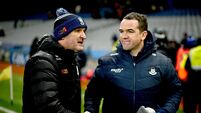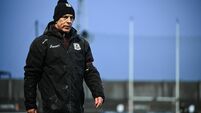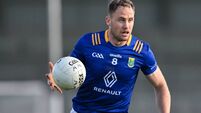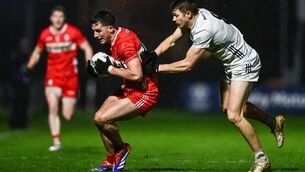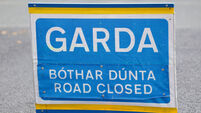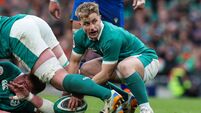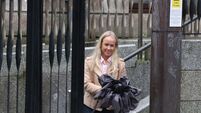Noel Hickey: No nonsense, no problem, no equal
Thirteen years ago, the man on the other end of the phone gave Noel Hickey his start in the inter-county business and Hickey owed Brian Cody notification of its finish.
It wasn’t a long chat, because that isn’t his way, but it was one of the formalities that had to be addressed.







